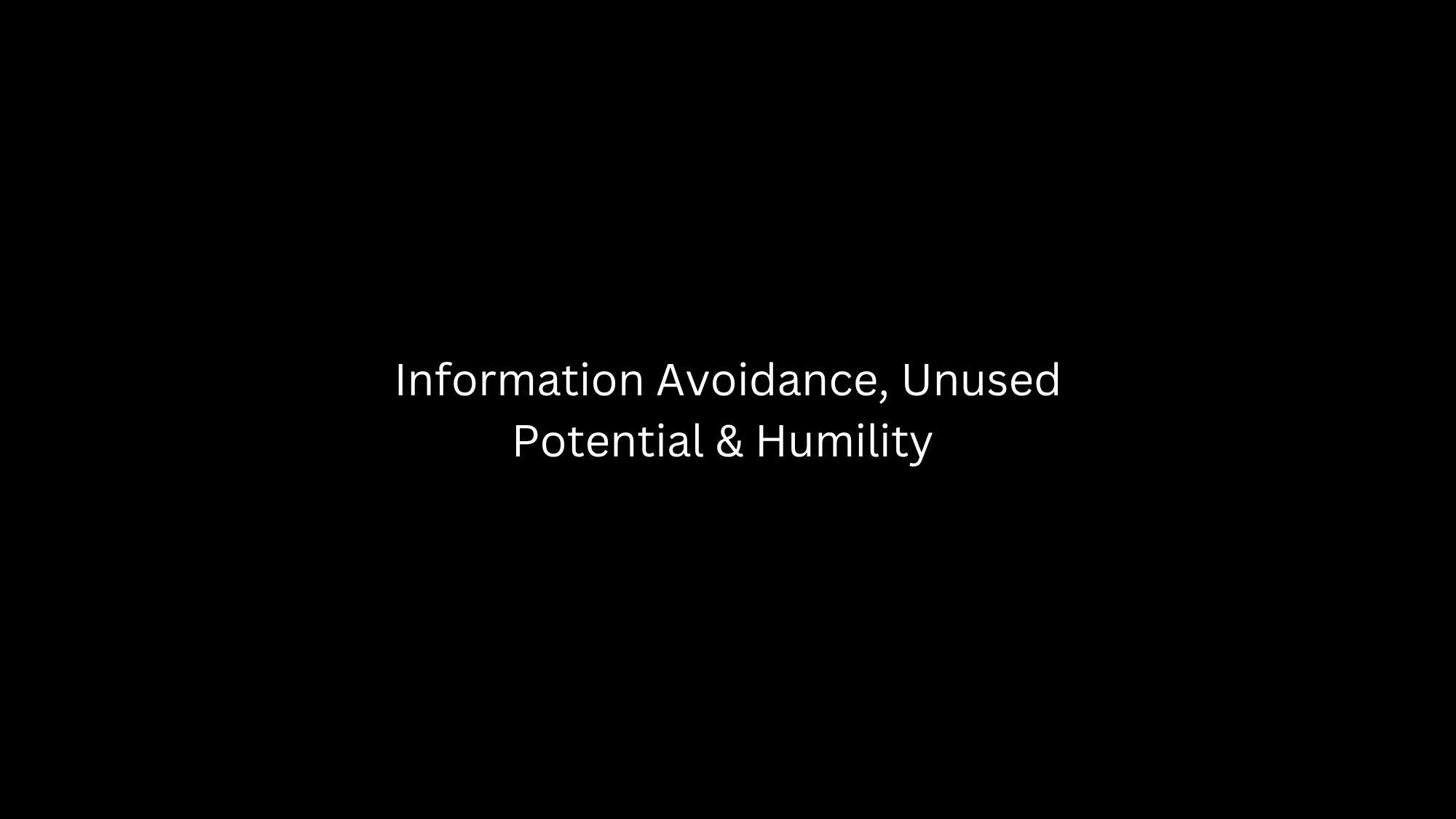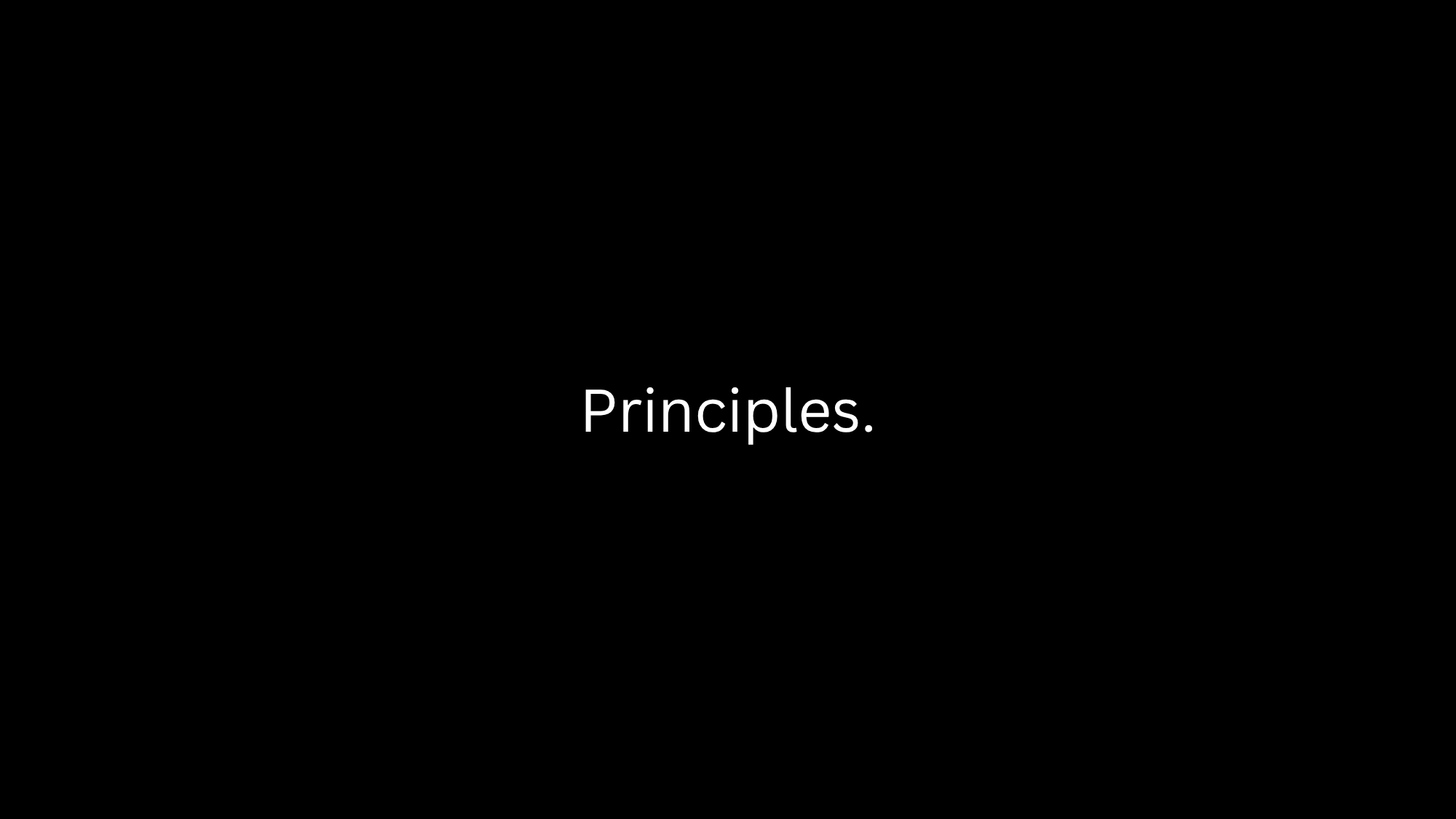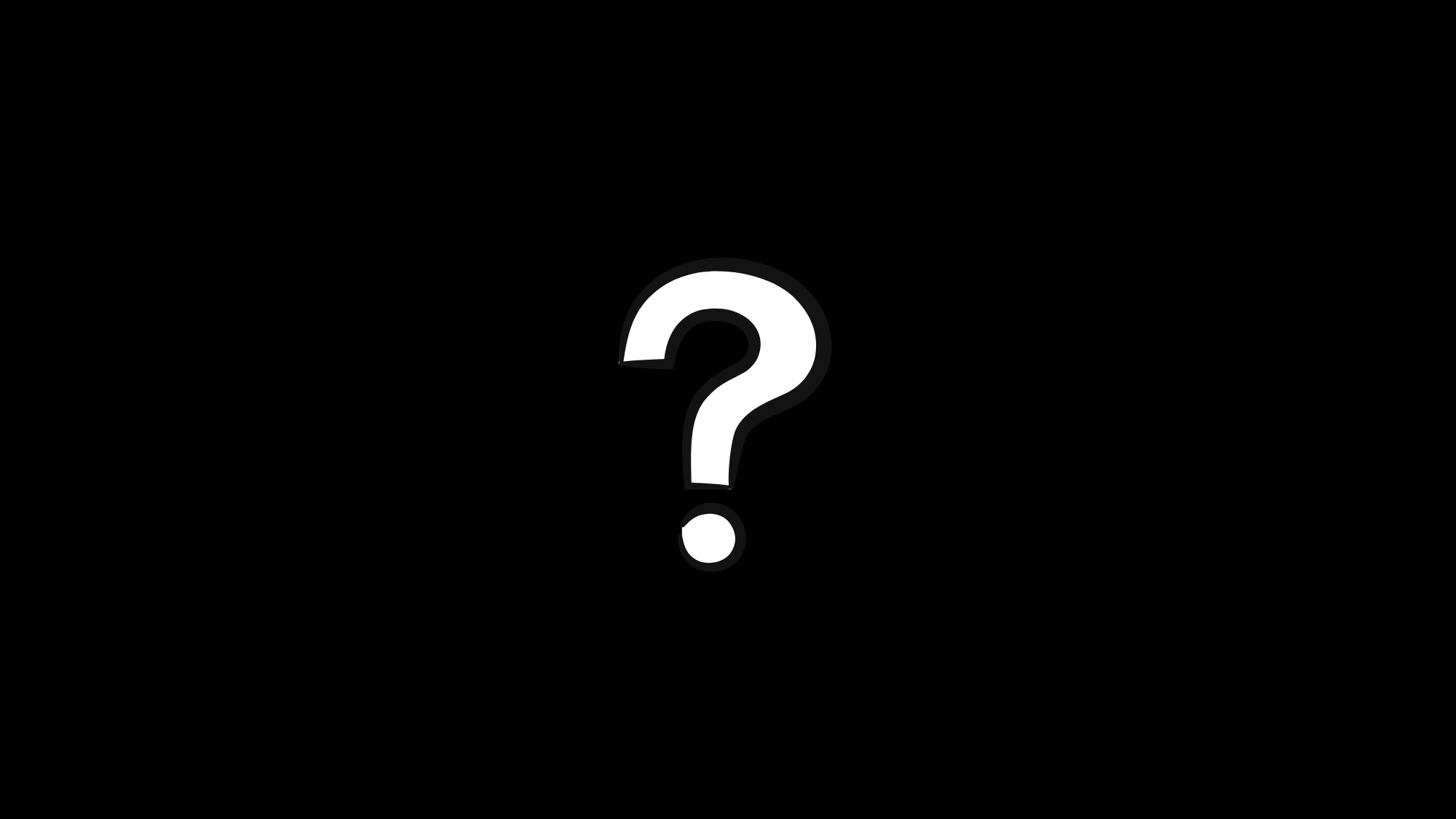

How to speak more powerfully
Speaking more powerfully does not involve shouting at the top of your lungs whilst doing the superman stance.
No.
It involves 4 simple tweaks to your vocabulary.
1.) Verbs & nouns
Speaking more powerfully would mean nothing without an ability to motivate others. But when we try to motivate other people we tend to use verbs instead of nouns.
For example:
“Can you help wash the dishes up?”
“Can you listen to me for a second?”
(Verbs)
But research from Stanford university suggests we should do otherwise.
Researchers conducted an experiment on 51 4-5 year old children. The kids were invited to play with toys, crayons and other objects but were then asked something interesting.
The researchers asked the children to either “help” clear up the crayons and other mess or to “be a helper” and clear up the mess. And the results showed the children who were asked to become helpers helped more by a third.
So what does this mean?
When we frame interactions as an opportunity for other people to uphold a positive identity, they’re more motivated to act.
To illustrate this, lawyers and sports fans use this in reverse all the time. A lawyer might say “he’s not a criminal” to highlight; yes their guilty subject committed a crime, but they're not a permanent felon. A football fan might say “I watch football but I’m not a fanatic” to signal they like the sport, but not enough for them to form an identity around it. Lastly, governments do this when they ask people to “become voters” rather than just “vote”.
So don't ask someone:
“Can you help clean the dishes?”
Ask them:
“can you be a helper and clean the dishes?”
Additionally:
- If you want someone to listen, ask them to be a listener
- If you want someone to lead, ask them to be a leader
- If you want someone to do well, ask them to be a top performer
And if you're writing your CV or speaking in an interview, don't say "I'm hard working" say "I'm a hard worker".
2.) I can’t vs I don’t
You’ve likely heard this point before but it’s worth mentioning again in the context of speaking more powerfully.
When our grandmother offers us a scoop of ice cream and we say “I can’t eat ice cream I’m on a diet” it implies an external force is limiting our behaviour. However, when we say “I don’t eat ice cream” in response to our grandmother’s offering, we speak from a place of empowered choice.
To elaborate, another study, which Jonah Berger references in his book Magic Words, got 2 groups of people interested in healthy eating to use either “I can’t” or “I don’t” when facing the temptation to eat unhealthy food. But when the study finished and the participants were handing in their survey, the researchers offered them a chocolate bar as a way of saying thank you for their participation. And the results showed 75% of the “I can’t” group took the chocolate bar, whereas the number of people who took it in the “I don’t” group was cut in half.
So when we say “I don’t” in response to someone’s request, we signal we are principled and are acting in line with our standards - which people appreciate and respect.
For example, when asked “what do you think about Andrew Tate” by Steven Bartlett on his podcast, Dr K. brilliantly responded with “as a general rule, I don’t speak about people I don’t speak to” which Steven respected, as did many people in the comments.
Finally, a new rule I’ve implemented since hearing the renowned psychology writer Daniel Kahneman mention it is; I don’t make decisions over the phone. This prevents me from saying yes to something I later realise I wanted to say no to.
3.) Coulds vs shoulds
Thirdly, it’s time to become a rebel and foster a “could” mindset.
When we weigh up decisions based on what we “should” do, we set ourselves up for a lose lose situation. This is because “should” implies the choice between one of two evils, which is ok in situations that are right vs wrong dilemmas but not for tradeoff scenarios.
For example, asking “should I go to university or not?” is an impossible question to answer because the “should” will introduce societal obligations and a moralistic judgement, rather than creative problem solving. For example, with a should mindset you might reason; "well, I guess I should because my mum said I should."
However, when you ask “what could I do?” when making a decision, you foster more creative and higher-quality thinking (as Harvard researcher Francesca Gino shows).
Could encourages you to think outside the box and engage in divergent thinking, allowing you to see that in any situation there are hundreds of creative routes you could take. For instance, you could go to university or you could move to Costa Rica to live on a farm, move to Switzerland and milk a cow or just get a job you like.
Lastly, asking "what could I do?" when asking other people for advice is much more likely to elicit a creative response from them as well. Instead of narrowing them into regurgitating what they think you should do based on their values and morals which you don't agree with.
Finally…
4.) You
The world has gone pronoun mad nowadays. But there’s one pronoun which doesn’t get the attention it deserves; you.
When researching for his book Magic Words, Jonah Berger found the use of the word you increases engagement on social media posts but results in customer support forums being deemed as less helpful by customers.
Here's why...
On social media we are bombarded with information and we usually scroll without intention. But when a post uses the word “you” it gives the information relevance to our lives and a feeling that this post was made just for us. But when you search a customer support page to solve an issue, you’re already there with an intention (solving the issue), so use of the word “you” will make you feel as if the issue is your fault and that you’ll need to do more work to solve it (*yawn).
So if you’re speaking to a large group, one on one with someone or writing something on social media, use the word you to give what you’re saying a personal feeling to each individual.
However, in your personal relationships, beware of over using the word because it implies responsibility.
For example:
Imagine you’re laying on the sofa relaxing and your partner comes into the room and asks: "Did you feed the dog?”. This throws the responsibility of feeding the dog onto you which you might not have agreed to do in the first place.
What’s better, to elicit a less defensive response, is for your partner to ask:
"Has the dog had dinner?"
This way no one is at fault if the conversation "who's feeding the dog?" hasn't been had yet.
Another example is:
"I wanted to talk but you were busy."
- The use of the word you here implies blame
"I wanted to talk but it didn't seem like the best time."
- The absence of the word you here implies respect and less judgement
tHURSDAY'S THERAPY
Join 8934+ improving their mental health & social skills 1 Thursday newsletter at a time
Happy to have you here!
try refreshing the page and trying again!




.png)
.png)
.png)

.png)

.png)



.png)


